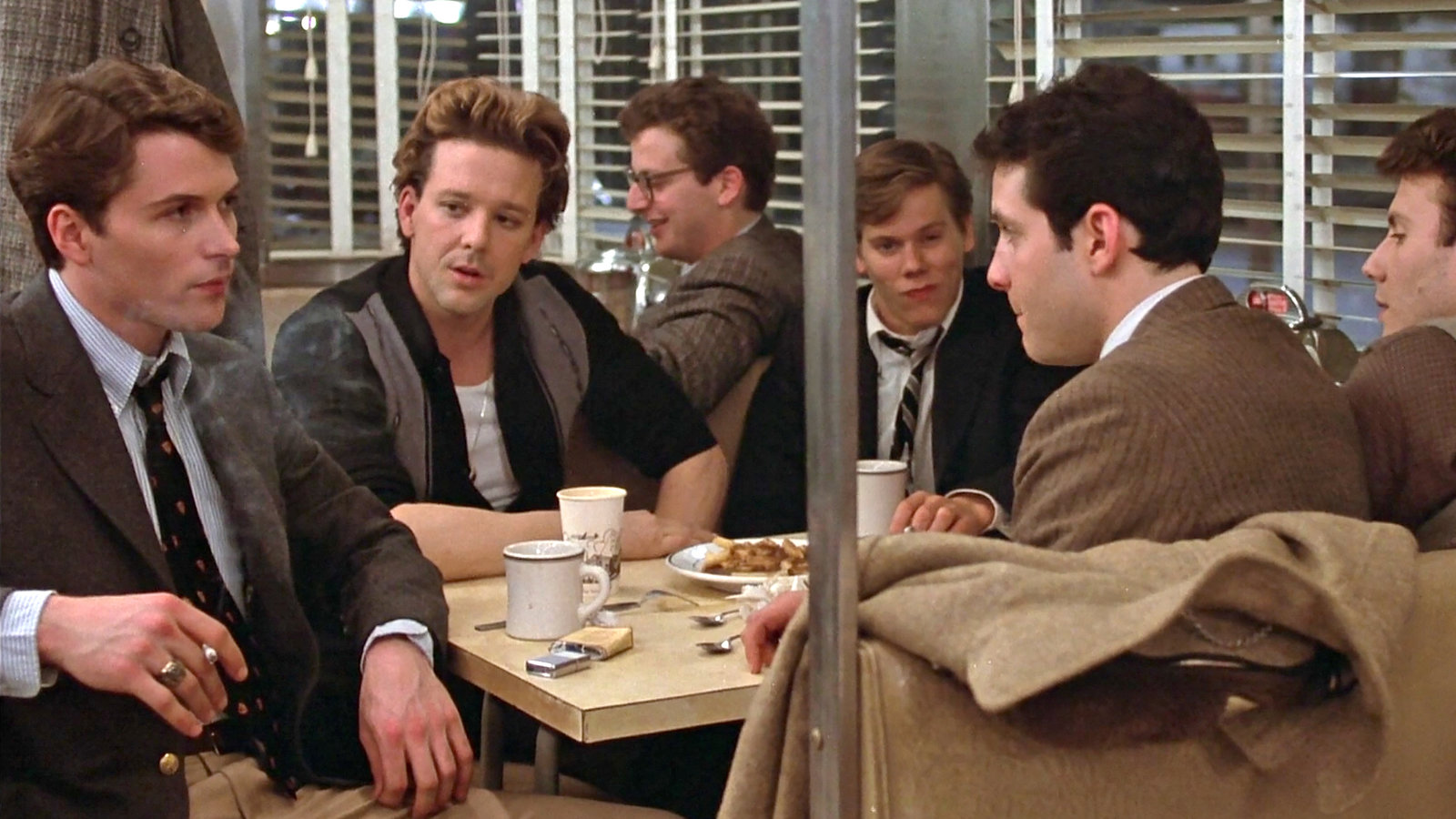Fighting for freedom itself

Sometimes lost in our strategizing on how to defeat authoritarianism is the need to strengthen liberal democracy itself.
Heather Cox Richardson references a Bluesky thread that makes that important point: “Cas Mudde, a political scientist who specializes in extremism and democracy, observed yesterday on Bluesky that ‘the fight against the far right is secondary to the fight to strengthen liberal democracy.’ That’s a smart observation.”
It is another way of saying that you don’t win games with defense alone.
The Dutch political scientist declined a recent offer “to speak about the upcoming Trump era and share some lessons and optimism.” It’s not that Mudde is pessimistic about the future so much as the lessons he’s offered over the last 25 years “were either wrong or not inspiring.” He needs some time to reflect before offering more.
“At the moment, I don’t so much think I underestimate the strength of the far right but rather significantly overestimated the strength of liberal democracy,” Mudde reflects. “I feel 100% certain that liberal democracy will prevail… just not sure when,” Mudde writes, echoing Ghandi:
When I despair, I remember that all through history the way of truth and love have always won. There have been tyrants and murderers, and for a time, they can seem invincible, but in the end, they always fall. Think of it–always.
Like Hari Selden’s plan for shortening a galactic dark age, we must not only work through crises but also build anew.
Richardson reminds us what’s fallen into disrepair:
During World War II, when the United States led the defense of democracy against fascism, and after it, when the U.S. stood against communism, members of both major political parties celebrated American liberal democracy. Democratic presidents Franklin Delano Roosevelt and Harry Truman and Republican president Dwight D. Eisenhower made it a point to emphasize the importance of the rule of law and people’s right to choose their government, as well as how much more effectively democracies managed their economies and how much fairer those economies were than those in which authoritarians and their cronies pocketed most of a country’s wealth.
Those mid-twentieth-century presidents helped to construct a “liberal consensus” in which Americans rallied behind a democratic government that regulated business, provided a basic social safety net, promoted infrastructure, and protected civil rights.
The problem Richardson diagnoses (as does Mudde) is that we became overconfident that that consensus would endure on its own, could defend itself. That truth would be self-evident. Movement Conservatives I’ve described as (essentially) rump royalists had other ideas.
In their conception, government did not exist to protect from predation and exploitation our hard-won freedoms — four, in FDR’s telling — but inhibited the individual, as Richardson tells it:
But that image of the American government is not the one on which the nation was founded.
Liberal democracy was the product of a moment in the 1600s in which European thinkers rethought old ideas about human society to emphasize the importance of the individual and his (it was almost always a “him” in those days) rights. Men like John Locke rejected the idea that God had appointed kings and noblemen to rule over subjects by virtue of their family lineage, and began to explore the idea that since government was a social compact to enable men to live together in peace, it should rest not on birth or wealth or religion, all of which were arbitrary, but on natural laws that men could figure out through their own experiences.
The Founders of what would become the United States rested their philosophy on an idea that came from Locke’s observations: that individuals had the right to freedom, or “liberty,” including the right to consent to the government under which they lived. “We hold these truths to be self-evident,” Thomas Jefferson wrote, “that all men are created equal, that they are endowed by their Creator with certain unalienable Rights, that among these are Life, Liberty and the pursuit of Happiness,” and that “to secure these rights, governments are instituted among men, deriving their just powers from the consent of the governed.”
Lincoln reimagined liberal government for the 19th century as one that guaranteed “that all men—not just rich white men—were equal before the law and had equal access to resources, including education” and a level playing field. Roosevelt imagined “an economic system under which each man shall be guaranteed the opportunity to show the best that there is in him.” That requires a government strong enough to stand up to the rich.
Rump royalists were having none of it. Reactionary conservatives since the New Deal era successfully undermined that conception of liberal democracy as a community project for expanding freedom and supplanted it with an atomized one that provided them the freedom to rule over the rest of society.
I recommend Timothy Snyder’s conversation with Michael Steele on how the right twisted our Founders’ conception of freedom into a radically different vision. It is our broader “freedom,” and liberal democracy’s mission as its guarantor, that we lose sight of when we spend most of our efforts on defense against authoritarianism and not on offense rebuilding the liberal consensus that’s been under attack for decades.















